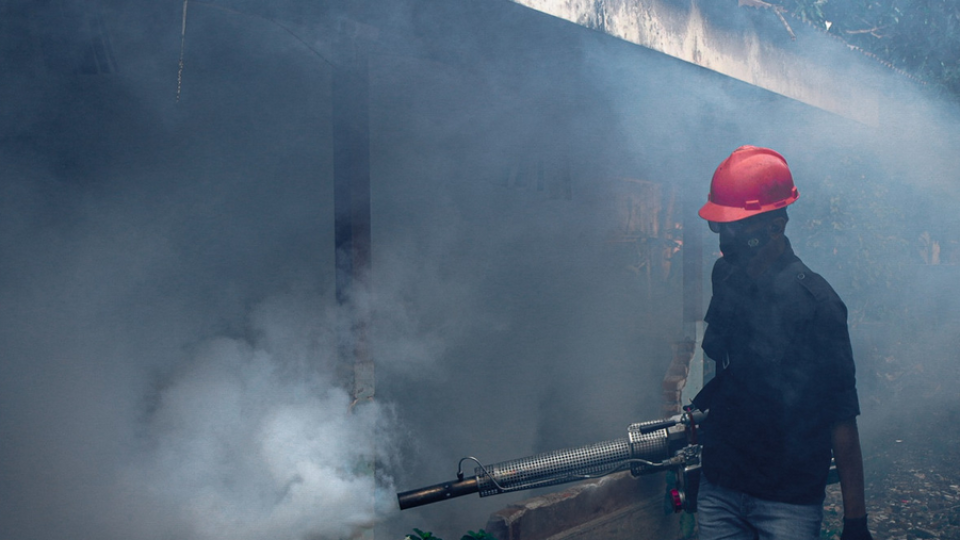April 25, 2024
JAKARTA – Look to your left and right and perhaps you will find one or a few, of your friends recently bedridden or hospitalized with dengue fever.
They are, unfortunately, part of a worsening trend currently occurring in Indonesia, as more than 60,000 dengue cases and nearly 500 deaths from the illness have been recorded by the Health Ministry since the beginning of the year. This figure is almost triple that of the same period in 2023.
Indonesia’s current situation mirrors what is happening globally. The World Health Organization (WHO) has noted an increase in dengue cases reported from about half a million in 2000 to 5.2 million in 2019.
But the worst is yet to come both in the short and long term.
The Health Ministry blames the spike in dengue cases this year on an El Niño-induced warmer rainy season, which has allowed mosquitoes to grow faster and live longer, causing the disease to spread faster and further. A ministry official even made a grim prediction that the outbreak will not peak until the transition from the rainy to dry season is over.
This situation may recur in the coming years as the world endures a heating planet triggered by the climate crisis. A 2019 climate modeling study projected that an additional 2 billion people could be at risk of dengue exposure by 2080, compared with 2015.
If authorities do not do anything to halt the rise in infections, we will see more people infected by dengue, allowing the virus to mutate into newer strains that may be more infectious or fatal and difficult to deal with.
The current situation is already worrying. In 2022, health authorities in Bangladesh detected at least three strains of dengue virus circulating in the country, as reported by Yale Environment 360. Being infected with one strain does not provide immunity for the others and repeated infection can cause more severe illness, which raises the risk of death.
Indonesia has also detected multiple strains in most recorded dengue strains. The Health Ministry claimed that most of the cases recorded nationwide have been caused by dengue virus serotype-2 (DEN-2) and serotype-4 (DEN-4).
The government should work harder to prevent the dengue outbreaks, which occur every year in the country before they sicken and kill more people, as well as putting a dent in the nation’s economy. The Health Ministry estimated in 2017 that a dengue outbreak, which sickened around 200,000 people, cost the economy nearly Rp 1 trillion (US$61 million).
Improved disease surveillance and public health infrastructure are among the important answers to the dengue outbreak.
The government should also continue and, if possible, escalate any efforts already made to prevent dengue transmission. We have the Wolbachia-infected mosquitoes that makeit harder for the virus to reproduce inside the vector of Aedes aegypti mosquitoes.
Yogyakarta made history in its fight against dengue last year with a record low of only 67 cases, thanks to the Wolbachia mosquito technology in use since 2016.
We also have dengue vaccines, although these are limited for previous dengue patients. But such efforts are hindered by public resistance to the spread of laboratory-bred mosquitoes, because of incorrect claims about potential side effects for humans, and also the high cost of vaccines at Rp 1.5 million for two shots, not covered by the National Health Insurance [JKN] program.
Reflecting on the recent outbreak, dengue should become a focus for president-elect Prabowo Subianto once he gets into office in October. Commitments to supporting scientific efforts with less red tape and more funding may be necessary to improve the country’s defense against the mosquito-borne virus.
Otherwise, we will only repeat the story of King Nimrod in the Abrahamic religions, whose great kingdom was destroyed by swarms of mosquitoes.


